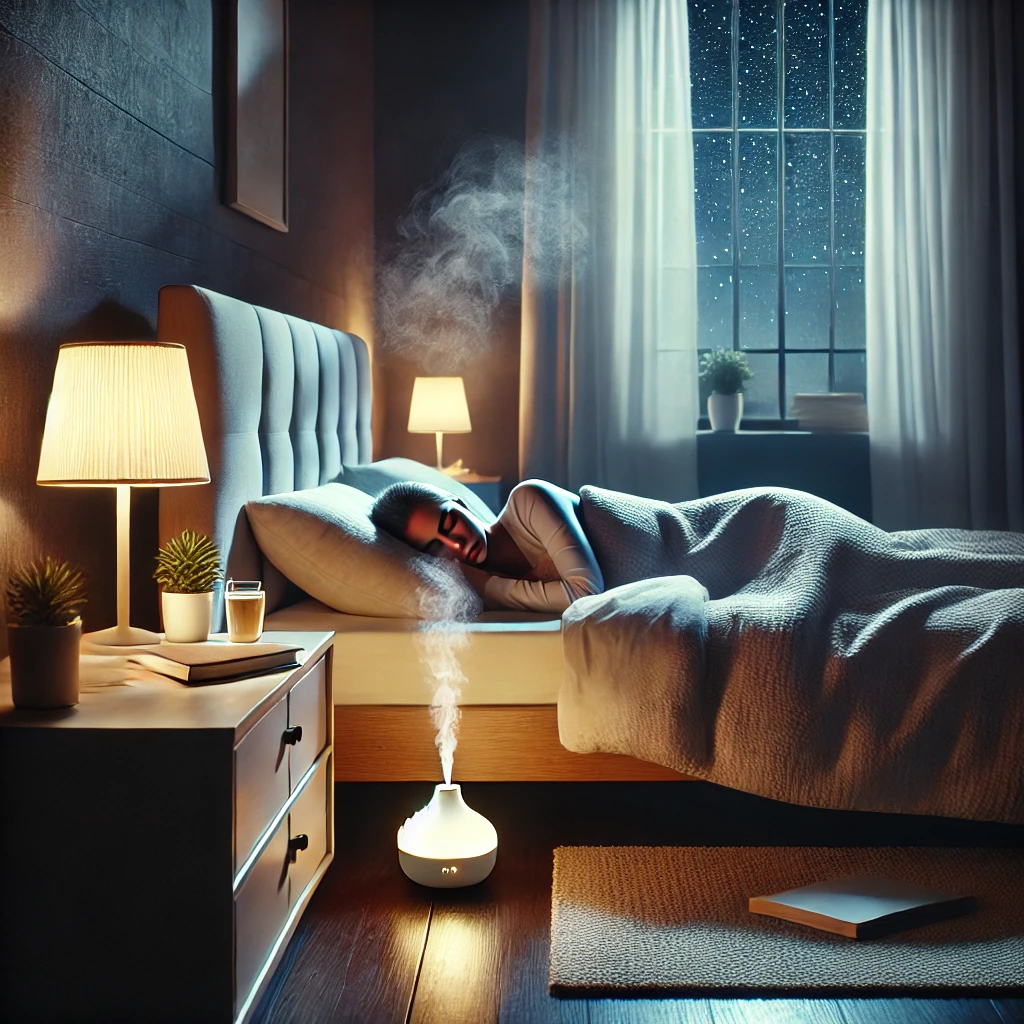Ever feel like your sleep schedule is completely out of whack? One night, you’re wide awake at 2 AM, scrolling endlessly, and the next, you’re struggling to keep your eyes open by midday—relying on caffeine and sheer willpower to push through. Figuring out how to fix your sleep schedule might seem overwhelming, especially if you’ve been stuck in a cycle of late nights and groggy mornings. But here’s the good news: you can reset your body clock and start waking up refreshed—without drastic lifestyle changes.
In this article, we’ll walk you through 10 simple tips on how to fix your sleep schedule starting tonight.
1- Stick to a Consistent Sleep Schedule

Consistency is key, and here’s why. Your body has its own internal clock called the circadian rhythm, which helps regulate your sleep-wake cycle. When you go to bed and wake up at the same time every day, even on weekends, you help keep that clock running smoothly.
Waking up and falling asleep at the same time daily isn’t just about routine—it’s about setting your body up for better sleep. Consistency leads to better sleep quality, less grogginess, and more energy throughout the day. Trust me, your body will thank you for it.
2- Limit Blue Light Exposure Before Bed
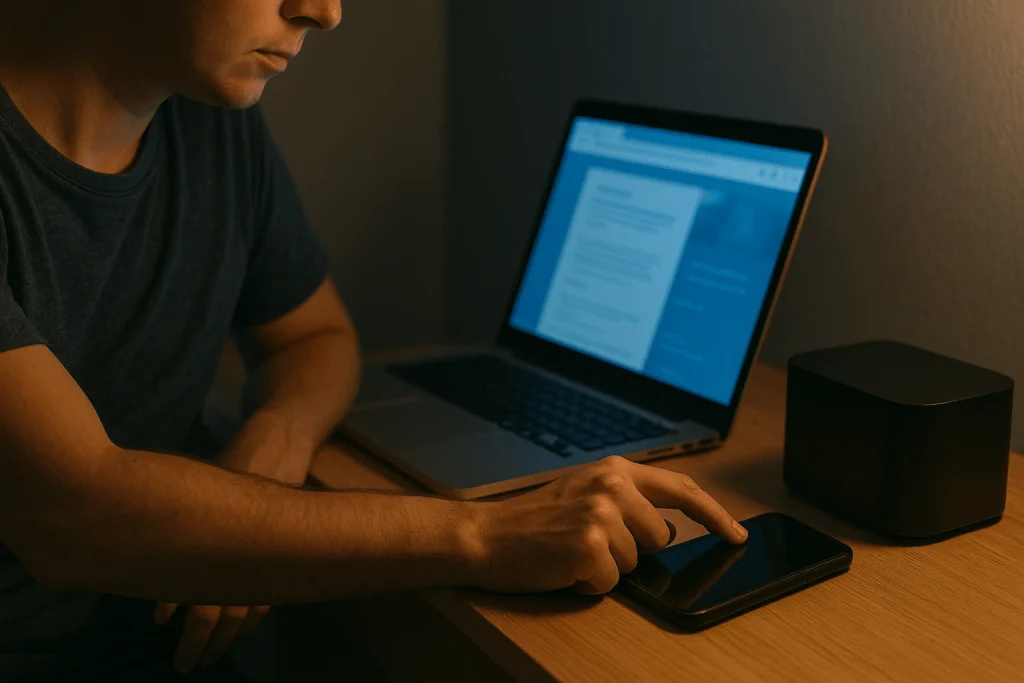
We live in a digital age, and let’s face it, screens are everywhere. But did you know that the blue light emitted from phones, tablets, and TVs can mess with your sleep? Yep, it interferes with melatonin production, which is the hormone that helps you fall asleep.
To avoid this, try to limit screen time at least an hour before bed. You can use blue light filters on your devices or, better yet, engage in relaxing activities that don’t involve screens—think reading a book or doing some light stretching. Your body will naturally thank you for giving it a break from the glow.
3- Create a Relaxing Pre-Sleep Routine

Getting ready for bed should feel like a signal to your body that it’s time to relax. A pre-sleep routine is key here. Whether it’s sipping chamomile tea, practicing some deep breathing, or unwinding with a warm bath, these calming activities send a message to your brain that sleep is on the way.
A good pre-sleep ritual not only helps you wind down, but it also creates a positive association with bedtime. Over time, your body will recognize these activities as cues to ease into a peaceful sleep.
Related Post:
- 7 Herbal Teas for Sleep That Calm Your Mind Fast
- How to Personalize Your Nighttime Routine for Maximum Sleep Quality
4- Optimize Your Sleep Environment
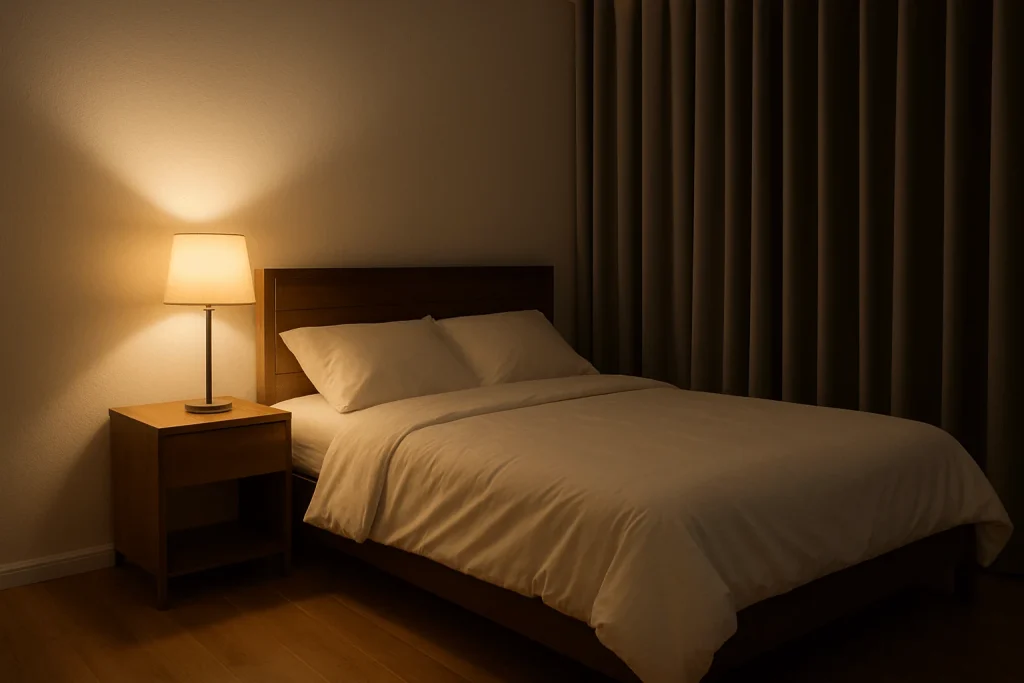
Have you ever noticed how much better you sleep when your room is cool, dark, and quiet? It’s not just you—sleep experts agree that a good sleep environment is essential for restful sleep.
Try making small changes to your bedroom: blackout curtains to block out light, earplugs or a white noise machine to drown out sounds, and keeping the temperature just right—cooler is generally better. When you create an environment that supports rest, your body can fully relax and get into deeper, more restorative sleep.
5- Avoid Stimulants Like Caffeine and Nicotine in the Evening

We all love a good cup of coffee, but here’s the problem: caffeine stays in your system for hours, and consuming it too late can disrupt your ability to fall asleep. Did you know that the half-life of caffeine is around 5–6 hours? This means it can keep you awake long after you’ve had your last sip.
To avoid sleepless nights, cut out caffeine and nicotine at least 6 hours before bed. Instead, go for something soothing like herbal tea or decaffeinated drinks.
6- Exercise Regularly, But Not Too Late

Exercise is like a magic pill for sleep—it helps reduce stress, boosts energy, and promotes overall health. But here’s the catch: intense workouts too close to bedtime can leave your body too energized to sleep.
Aim for exercise earlier in the day to give your body time to cool down. Whether it’s yoga, walking, or a light jog, getting active regularly can dramatically improve your sleep. The key is finding a balance—get moving, but not right before bed!
Related Post: How to Exercise for Better Sleep
7- Manage Stress and Anxiety Before Bed
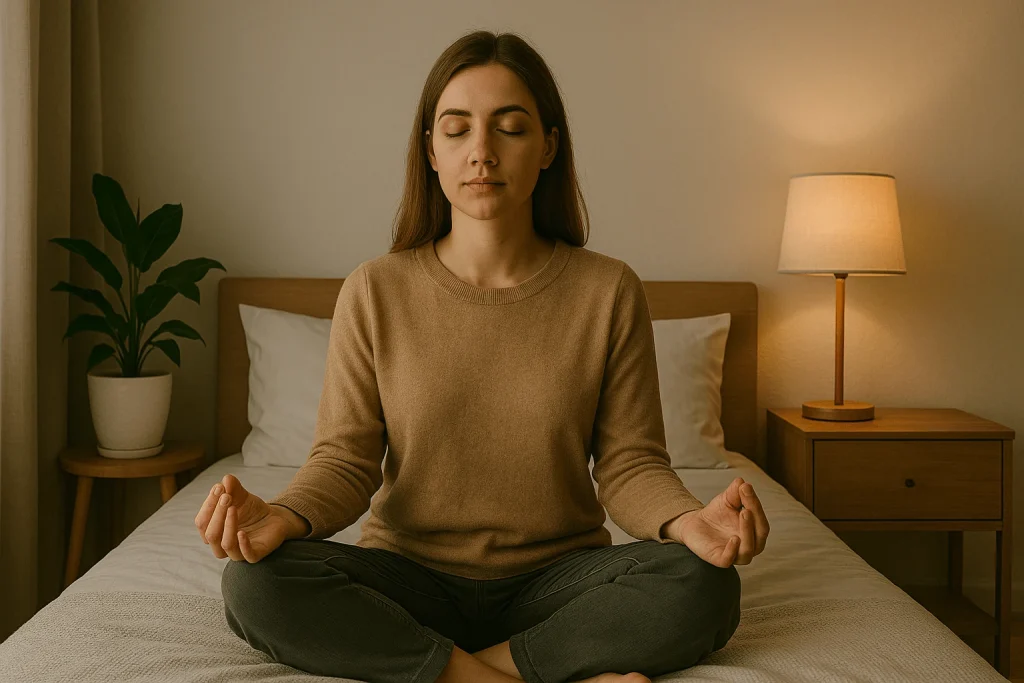
Here’s a truth most people don’t talk about: stress is one of the biggest reasons we can’t sleep. Your mind races, your heart pounds, and sleep feels impossible. But there’s hope. Managing stress and anxiety is crucial for getting restful sleep.
Try relaxing techniques like deep breathing, progressive muscle relaxation, or even journaling before bed. These can help calm your mind and prepare your body for sleep. The more you practice, the more natural it will become to shift into sleep mode without stress holding you back.
Related Posts:
- 7 Breathing Exercises That Help You Sleep Better
- Meditation for Better Sleep: A Simple Step-by-Step Guide
8- Watch What You Eat and Drink at Night
What you eat before bed matters. Heavy meals, spicy foods, or too many liquids can disrupt your sleep and cause discomfort. Nobody wants to wake up in the middle of the night for a bathroom run or suffer from indigestion.
Stick to light snacks if you’re hungry. Avoid alcohol, caffeine, and rich, spicy foods right before bed. Something simple like a banana, a handful of almonds, or a small bowl of oatmeal can keep you satisfied without keeping you awake.
Related Post: 10 Easy Recipes to Help You Sleep Better
9- Get Plenty of Natural Light During the Day

Here’s something you might not know: your exposure to natural light during the day plays a huge role in regulating your sleep cycle. Morning sunlight, in particular, helps signal your brain to reset your circadian rhythm.
Make it a point to spend some time outside, especially in the morning. If you’re indoors a lot, try sitting by a window to soak up some light. Your body needs it, and the more natural light you get, the better you’ll sleep at night.
10- Don’t Stay in Bed If You Can’t Sleep
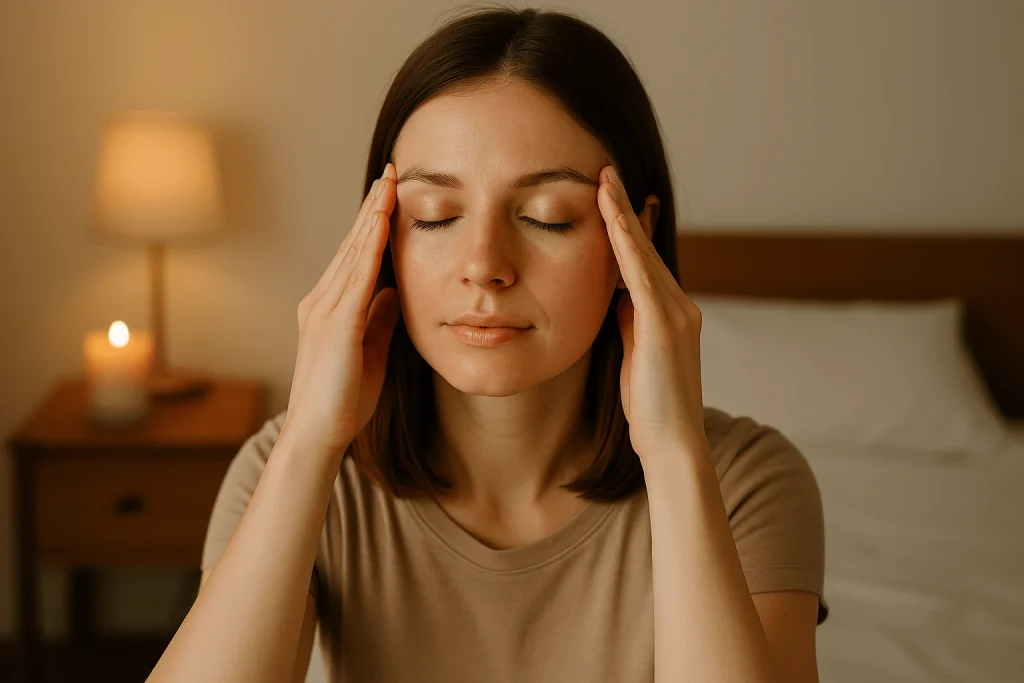
Sometimes, you just can’t sleep. And that’s okay! The key is to not stress about it. Lying in bed staring at the ceiling can actually make things worse, associating your bed with frustration.
If you’re struggling to sleep after 20 minutes, get out of bed and do something calming in low light—like reading, stretching, or meditating—until you feel sleepy again. It helps your body relax and prevents your bed from becoming a place of stress.
Frequently asked questions
Can eating too late really cause poor sleep?
- Yes, heavy meals can disrupt digestion and cause discomfort, making sleep harder. Try avoiding large meals and opt for light snacks before bed.
How can I make my bedroom more conducive to sleep without spending a lot of money?
- Try inexpensive changes like blackout curtains, calming colors, or a simple fan for white noise. Small adjustments can make a big difference.
What exercises are best for better sleep and when should I do them?
- Gentle exercises like yoga, stretching, or walking are ideal. Do them earlier in the day to promote relaxation before bedtime.
How can I manage nighttime anxiety and racing thoughts better?
- Relaxation techniques like deep breathing and journaling can help ease your mind. Practice these regularly for better sleep.
How do I know if I’m drinking too much caffeine or if it’s affecting my sleep?
- If you find it hard to fall asleep or stay asleep, caffeine might be the culprit. Cut back on it in the afternoon to help improve sleep quality.
Bottom line
To truly improve your sleep, it’s about taking a holistic approach. These 10 tips are simple but effective ways to help you sleep better, naturally. Remember, it’s not about perfection—it’s about consistency.
Try implementing these tips for a week and see how your sleep improves. Share your experience with us in the comments below!

